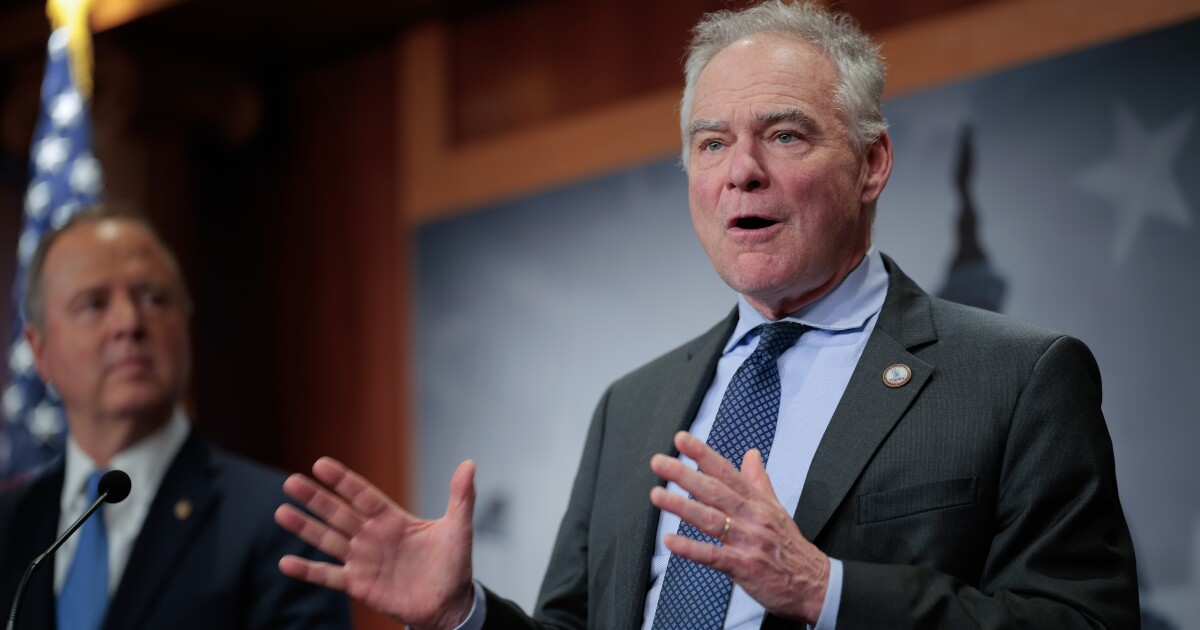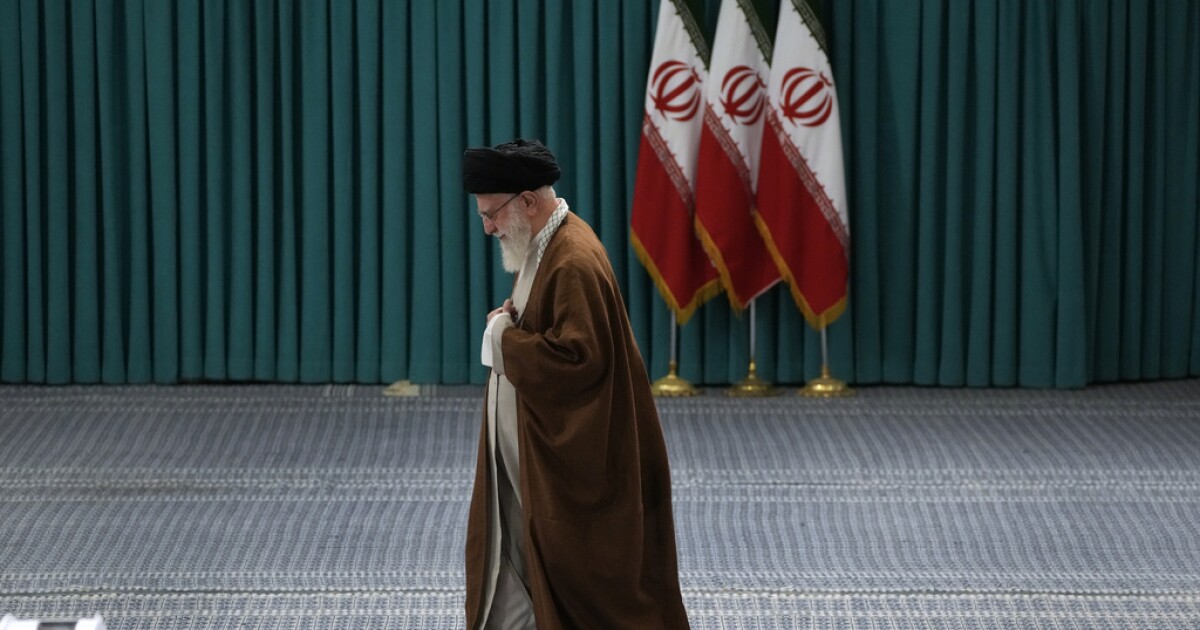Arizona Considers Repealing Energy Efficiency Mandates for Utilities
In a significant policy shift, Arizona regulators are moving towards repealing rules mandating annual energy savings by the state’s major utilities. This decision has sparked a debate over the future of energy efficiency in Arizona.
Established in 2010 by the Arizona Corporation Commission, the energy efficiency rules required utilities such as Arizona Public Service (APS) and Tucson Electric Power (TEP) to achieve a cumulative energy savings of 22% by 2020. To meet these targets, utilities implemented strategies including incentives for energy-efficient appliances and programs to reduce energy use during peak times.
The initiative has reportedly surpassed expectations. Commissioner Lea Márquez Peterson noted, “We’ve had reconfirmed today that as of 2024, APS is at 26.2% and TEP is currently at 28.52%.” Despite these achievements, the commission voted unanimously to initiate the repeal process.
The rules technically expired at the end of 2020, but utilities continued to adhere to certain requirements, primarily due to reporting criteria. Commission Chairman Kevin Thompson explained, “Because all the utilities still had to report every year whether they met the intent or not met the intent, and so it was costing ratepayers money for them to just have an attorney to say, ‘we met the intent.’”
Nevertheless, environmental groups and consumer advocates urged the commission to revise the rules instead of repealing them. Claire Michael from Wildfire argued, “These rate increases are pushing us further into an affordability crisis, and energy efficiency is a key solution.”
Analysis of Costs and Benefits
The original rules were implemented by an all-Republican Corporation Commission, led by Kris Mayes, who criticized the current commission’s decision. Mayes warned, “If Arizona removes this key consumer protection and economic policy, electricity bills will go up and the power grid could become less reliable as a result.”
Despite supporting the concept of energy efficiency, the current commission believes the mandates result in unnecessary costs and reporting duties. “I think there were some really good motivations behind those original efforts at the commission, but energy efficiency in DSM has snowballed into an autopilot Frankenstein,” Thompson remarked.
An analysis by Elliot D. Pollack & Company revealed that some customers might see temporary savings on utility bills due to the elimination of energy efficiency surcharges. However, it noted potential long-term bill increases, especially for low- and moderate-income households lacking access to upgrades and incentives.
Future Implications
For now, utilities will continue their existing energy efficiency programs, with commission staff affirming that no program can be discontinued without approval. Márquez Peterson stated, “Electric utilities are always able to submit applications for cost-effective EE and demand response programs.”
Attorneys for APS and TEP indicated intentions to maintain some programs. APS attorney Jeff Allmon commented on the importance of their demand-side management portfolio, saying it will likely remain integral to customer service.
The commission’s vote to repeal these rules occurred shortly after a similar decision to begin dismantling renewable energy standards. Days before, APS announced a retreat from its commitment to 100% clean energy by 2050, as reported here.
—
Read More Arizona News










